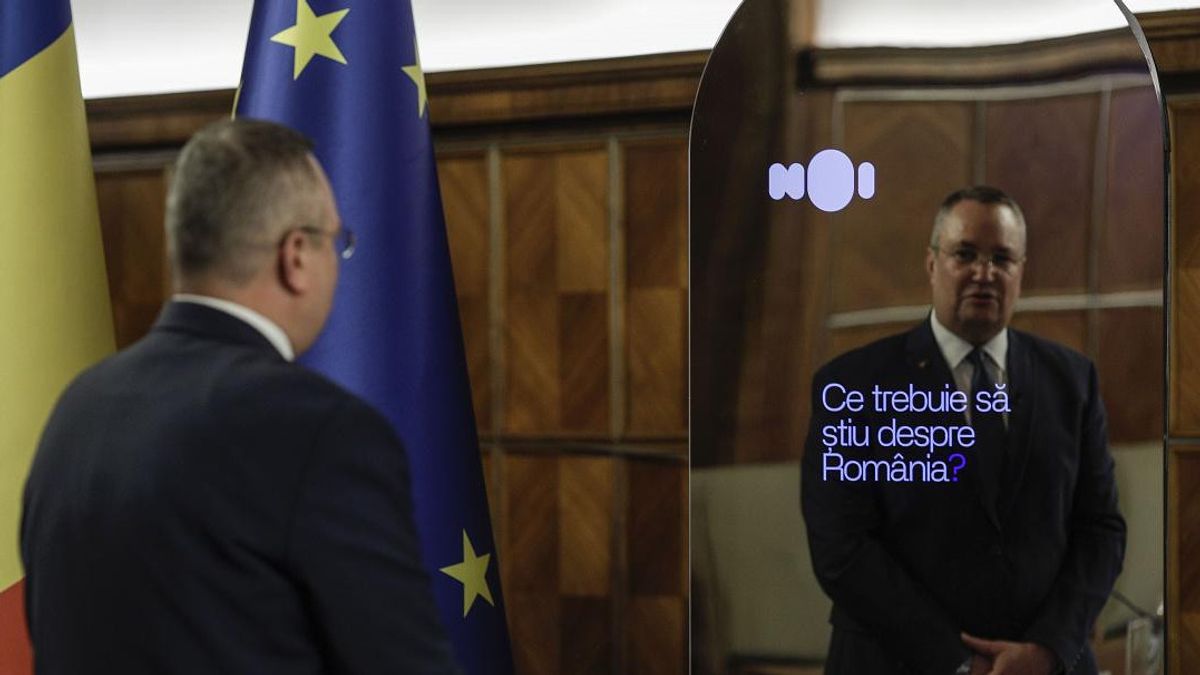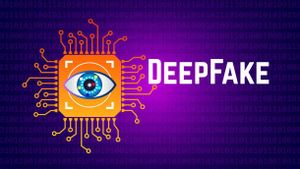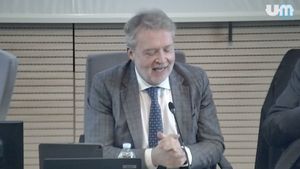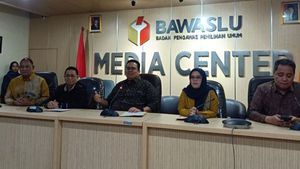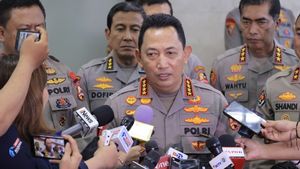JAKARTA - Artificial intelligence (AI) has been a topic of conversation among governments and think leaders around the world since the emergence of ChatGPT in late November 2022. While some people question the impact of AI becoming a major part of society, others accept this technology with open arms.
Recently, the Romanian government launched a new AI chatbot called Ion, which was created to gather public issues and opinions in order to develop policy recommendations based on the collected data.
Cointelegraph spoke with Sabin Dima, founder, and CEO of Humans.ai - the company behind Ion - to better understand what government integration of AI means for the people it serves.
Dima begins by highlighting the power of AI, comparing it to nuclear energy in the sense that AI can "become an atomic bomb or a nuclear power plant, depending on the framework."
"The potential benefits of AI are enormous and further exploration of its application in the public sector is needed to improve public services, policies and improve the lives of citizens," said Dima.
Using Ion's initiative as an example, Dima explains that he and his team essentially asked Romanians to train the AI, starting with zero data.
According to Humans.ai's CEO, the app received nearly a million visits and "hundreds of thousands of interactions" in its first week.
"Ion has the ability to absorb huge amounts of information and fill the gaps between public and government opinion," he said.
Dima said that AI can "modernize" the process of collecting data on citizens' needs and participation to help governments around the world make more informed policy decisions based on "evidence."
"By adopting AI responsibly we can change policies to serve our society better," said Dima.
Romania is also one of the 27 member states of the European Union, which is currently finalizing the Artificial Intelligence Bill for generative AI tools.
The regulations include guidelines for developers, an AI tool risk rating system, and following the latest round of voting, new bans on the public use of biometric surveillance and law enforcement.
また読む:
Dima provided his comments on the upcoming regulations, saying that they were generally "welcomed" by the industry and that ethics should play a major role in the development of AI. "We represent the Romanian people, which is a huge responsibility for us," he said.
According to Dima, to serve the public well using AI, his team consulted an independent ethics board consisting of e-government experts and researchers in the field, and only trained AI models with information that was proactively shared by citizens.
In this regard, when officials "talk to data," AI can more accurately represent the public. "They talk to Ion as if they were talking to 90 million Romanians," he said.
Other governments around the world are also considering the regulation and adoption of AI technology, including the United States, the United Kingdom, and Germany, among others.
Humans.ai is in the process of launching a new blockchain ecosystem for AI implementation, which Dima says could create a "trustless environment" where ownership of AI or AI property, such as a voting imprint, cannot be contested.
He says that AI, combined with blockchain, will help create the concept of “human-proof-of-existence,” proving that there are humans behind what is done.
The English, Chinese, Japanese, Arabic, and French versions are automatically generated by the AI. So there may still be inaccuracies in translating, please always see Indonesian as our main language. (system supported by DigitalSiber.id)
